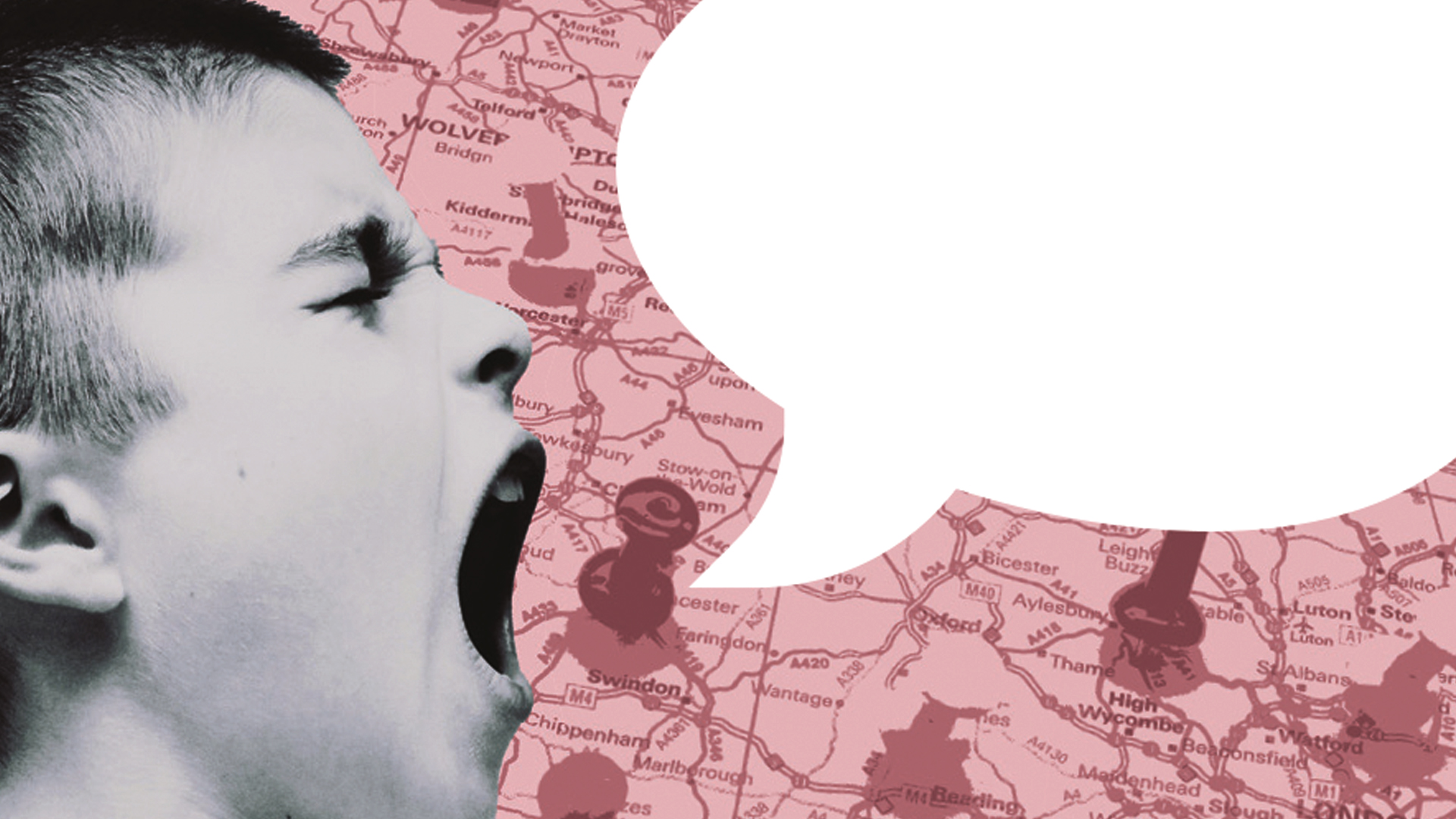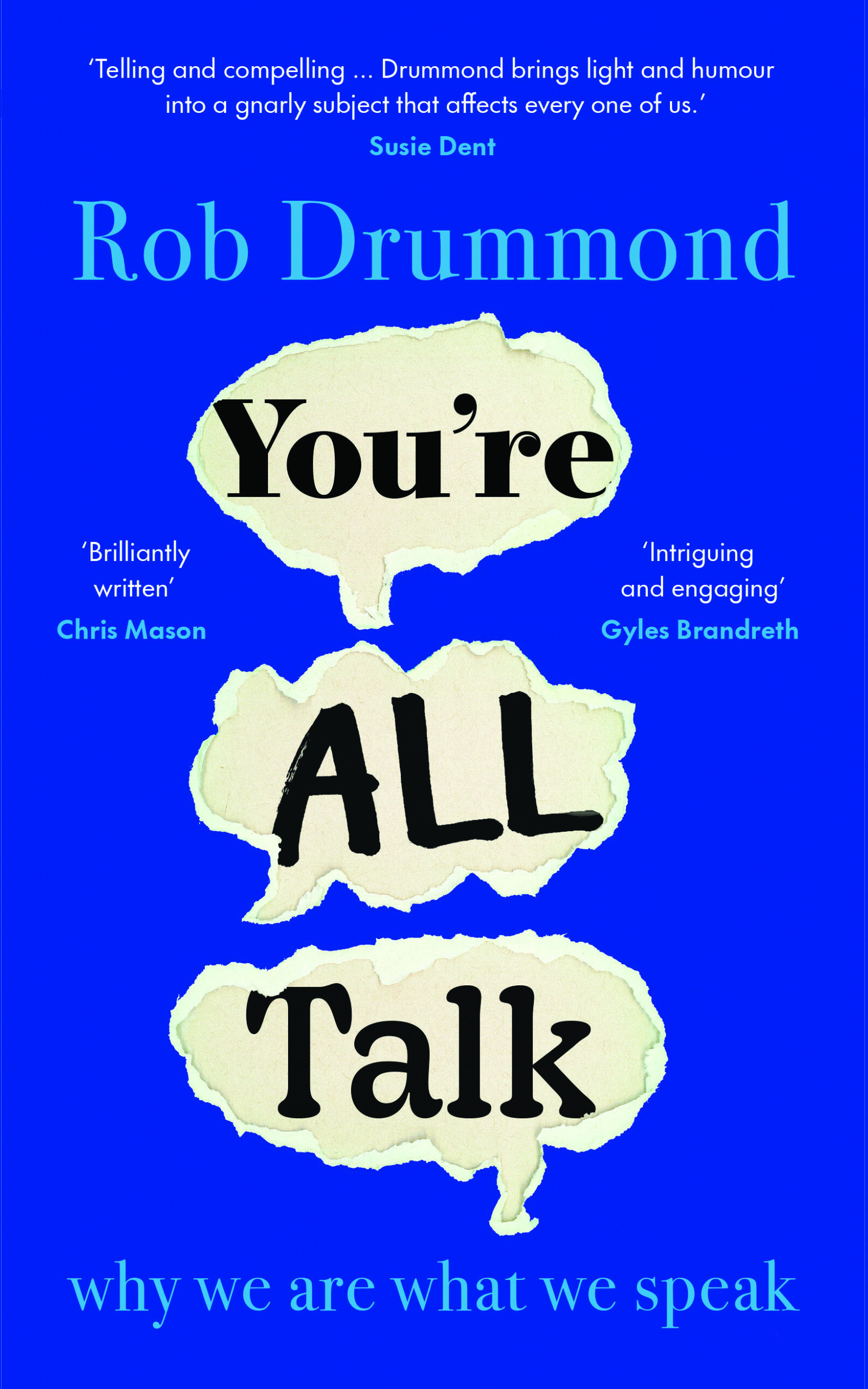Every now and then, a story will appear in the media about regional accents disappearing. About how everyone in the north of England will eventually sound the same, or maybe even how they will all start to sound like people from the south. How accents across Scotland are losing their distinctiveness, and how the Welsh lilt will soon be a thing of the past.
Well, I’m here to say that this is not going to happen. Now, on the one hand, I accept that it’s monumentally foolish to attempt to predict what will happen to language; its unstoppable and innovative natural development over time is one of the things that makes it so fascinating. But on the other hand, I think I’m right. And if I do happen to be wrong, by the time that fact becomes clear, I will be long gone.
Get the latest news and insight into how the Big Issue magazine is made by signing up for the Inside Big Issue newsletter
Before I explain why I think this way, let’s first think about what accents actually are. Accents are made up of a collection of sounds, and it’s the small differences between the pronunciation of some of those sounds that make accents different from one another. For example, depending on where you grew up, you are likely to pronounce the vowel sound in a word such as ‘bath’ in different ways. Or the vowel in ‘bus’. Or the ‘r’ in ‘girl’. These specific pronunciations, in their various combinations, can be seen as features of this or that accent.
There is, of course, always an element of truth in the stories that predict the demise of accents. It might be that a particular pronunciation of one of these sounds that used to be a strong marker for a particular region, has indeed been observed to be dying out in younger generations. But this doesn’t mean the whole accent is on its way out. Yes, maybe this one feature that you’re looking at (or listening to) is changing, but what about all the other features that make up the accent? Maybe there are even some new ones that are emerging that haven’t been noticed yet.
The thing is, our accents are not simply passive reflections of where we are from. They are our way of signalling (or not) a sense of belonging, a sense of regional and local identity. They are our way of saying: “I align with this group of people, and not that group of people.” I’m a Mancunian, not a Liverpudlian; a Glaswegian, not an Aberdonian; a Londoner, not a Brummie. Quite naturally, we have the ability to adjust the way we speak depending on the context and who we are speaking to. And part of that adjustment might be that we turn up, or turn down, those linguistic characteristics that align us with a sense of place.










